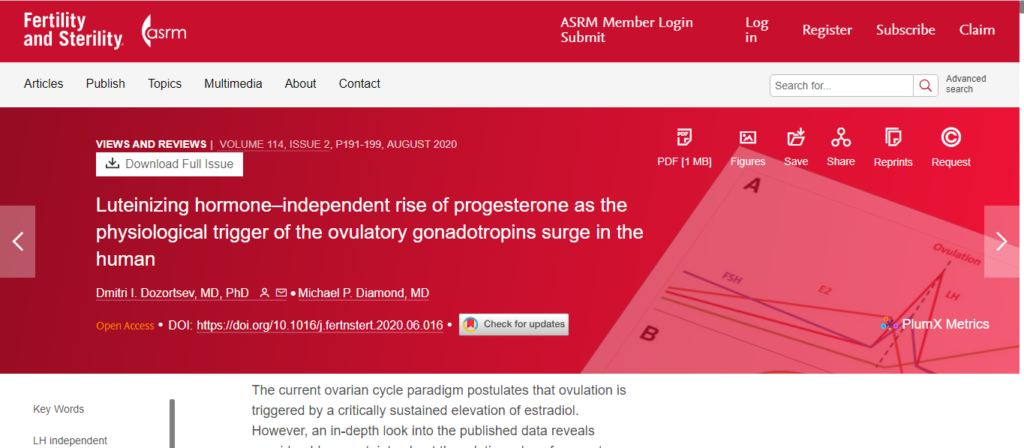Learn how stress can hinder successful conception — and what you can do to reduce your stress levels.
It’s no secret that maintaining your physical health is important when trying to conceive, but few realize just how important your mental health — including factors like stress levels — also is to the process.
Today, nearly eight in every ten Americans report that they frequently or sometimes experience stress in their daily lives. A large body of research suggests that stress can negatively impact both mental and physical health — including fertility.
Luckily, by taking steps to mitigate your stress, you can improve your chances of successful conception. Read on to learn how stress can affect fertility — and what you can do about it.
How Does Stress Affect Fertility?
Since the first studies linking stress and fertility, published in the early 1990s, a significant body of research has provided further evidence that stress may negatively affect women’s fertility. To understand this relationship, it may be useful to understand how stress manifests in the body.
The experience of psychological stress causes the body to release a number of hormones, including cortisol, which leads to symptoms that we typically associate with anxiety. These may include elevated heart rate, shallow breathing, and high blood pressure. Research reveals that these stress hormones can also suppress the production of hormones required for reproduction, including luteinizing hormone (LH).
It may be surprising to learn that stress can also impact the success of IVF treatments. A paper published in Human Reproduction suggests that experiencing stressful life events can negatively impact the chances of successful IVF as well as natural conception. This is because the psychobiological effects of chronic stress may influence medical end-points such as oocyte retrieval — a medical procedure by which eggs are removed from the ovaries.
According to a 2018 study, stress may also impact male fertility. The experience of stress may lead to reduced libido in both women and men, which can result in difficulty conceiving. Further, stress has been linked to fertility-averse behaviors such as increased alcohol, caffeine, and drug consumption — all of which reduce the likelihood of successful conception.
The unfortunate reality is that stress and fertility are often locked in a counterproductive cycle. Many men and women may experience stress as a result of their struggles to conceive. In turn, that stress can impede the likelihood of conception, thereby elevating stress levels further. As such, it’s important to take steps to manage not only your physical health, but also your mental health if you are trying to conceive, whether naturally or through assisted reproductive technology.
Tips for Managing Your Stress
Effective stress management may improve your overall wellbeing while also increasing your chances of successful conception. Here are some basic guidelines for mitigating your stress levels:
- Improve your eating habits. Stress has been linked to unhealthy eating habits and weight gain. These effects can compound existing health problems and introduce new health risks — for high cholesterol, high blood pressure, and more. Eating healthily can improve both your physical and mental health. If you need help getting started, some fertility clinics offer nutrition classes.
- Exercise to your comfort level. Participating in some form of daily exercise can improve your mental wellbeing and reduce stress. However, be sure not to over-exercise, as the practice may harm your chances of successful conception.
- Consider integrating yoga or meditation into your daily routine, both of which have been proven to improve focus and reduce stress levels.
- Investigate mind coaching programs, some of which may help improve your emotional and mental wellbeing and equip you with the psychological tools to cope with and work through any infertility struggles.
- Don’t be afraid to seek therapy. Whether you struggle with a diagnosable disorder like anxiety or depression or you are simply experiencing normal, day-to-day stress, psychotherapy can provide a sense of catharsis, applicable problem-solving techniques, healthy coping mechanisms, and may even improve physical health.
- Ask your fertility clinic about stress-relief programs. Some clinics offer programs to improve your mental well-being as you navigate your fertility journey.
If you are experiencing stress regarding your fertility, don’t hesitate to seek professional fertility help to ease your mind. Schedule an appointment with AFCT. Our highly experienced fertility specialists are prepared to help you navigate your fertility with confidence — and help you better manage daily and chronic stress.



